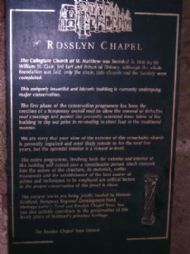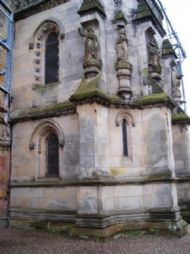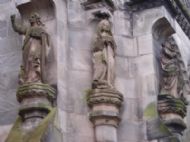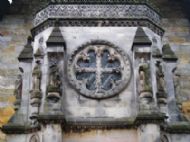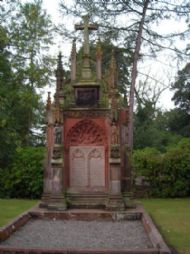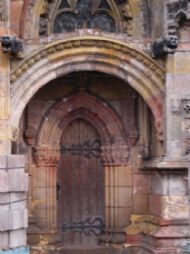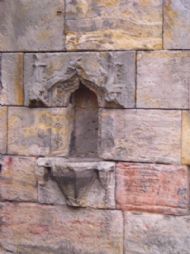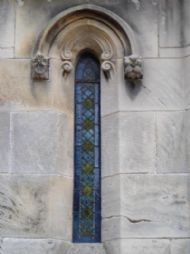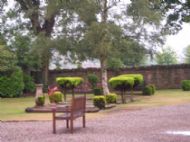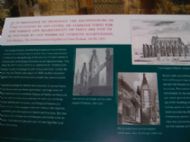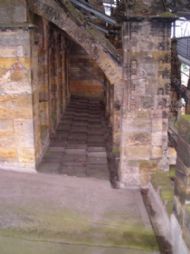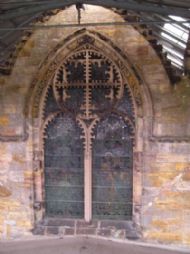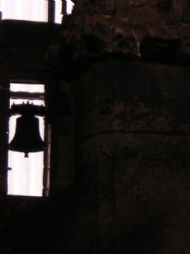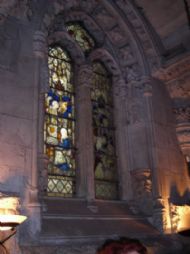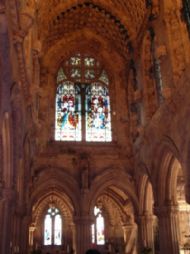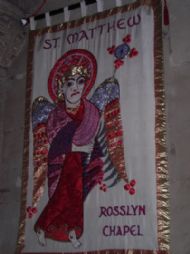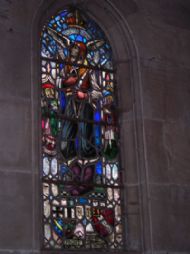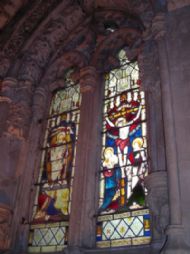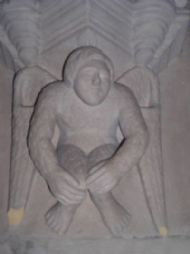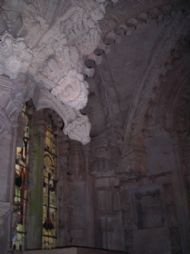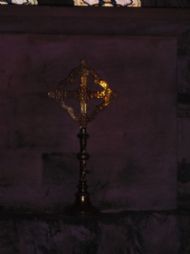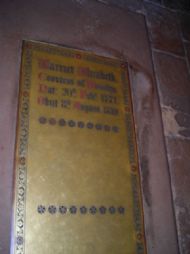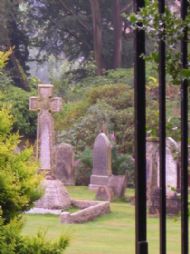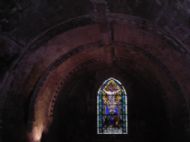 Memories and impressions | sitemap | log in Memories and impressions | sitemap | log in
|
 |
||||||||||||||||||||||||||||||||||||||||||||||||||||||
| This is a free Spanglefish 1 website. | ||||||||||||||||||||||||||||||||||||||||||||||||||||||
History of Rosslyn ChapelRosslyn Chapel, or the Collegiate Chapel of St Matthew as it was to have been, was founded in 1446 by Sir William St Clair, third and last St Clair Prince of Orkney. It is in fact only part of the choir of what was intended to be a larger cruciform building with a tower at its centre. More than thirty-seven collegiate churches were built in Scotland between the reigns of James I and James IV (1406-1513). They were secular foundations intended to spread intellectual and spiritual knowledge, and the extravagance of their construction depended on the wealth of their founder. After Sir William died in 1484, he was buried in the unfinished Chapel and the larger building he had planned was never completed. But the foundations of the nave are said to have been excavated in the nineteenth century and found to extend ninety-one feet beyond the Chapel's original west door, under the existing baptistry and churchyard. What was built however is extraordinary enough, 'This building, I believe, may be pronounced unique, and I am confident it will be found curious, elaborate and singularly interesting, impossible to designate by any given or familiar term' wrote Britton on his Architectural Antiquities of Britain (1812), adding somewhat despairingly that its 'variety and eccentricity are not to be defined by any words of common acceptation.'. The principal authority on the history of the Chapel and the St Clair family is Father Richard Augustine Hay, Canon of St Genevieve in Paris and Prior of St Piermont. He examined historical records and charters of the St Clairs and completed a three volume study in 1700, parts of which were published in 1835 as A geneologie of the Sainteclaires of Rosslyn. His research was timely, since the original documents subsequently disappeared. Page Last Updated - 28/09/2008 | ||||||||||||||||||||||||||||||||||||||||||||||||||||||
 | ||||||||||||||||||||||||||||||||||||||||||||||||||||||
